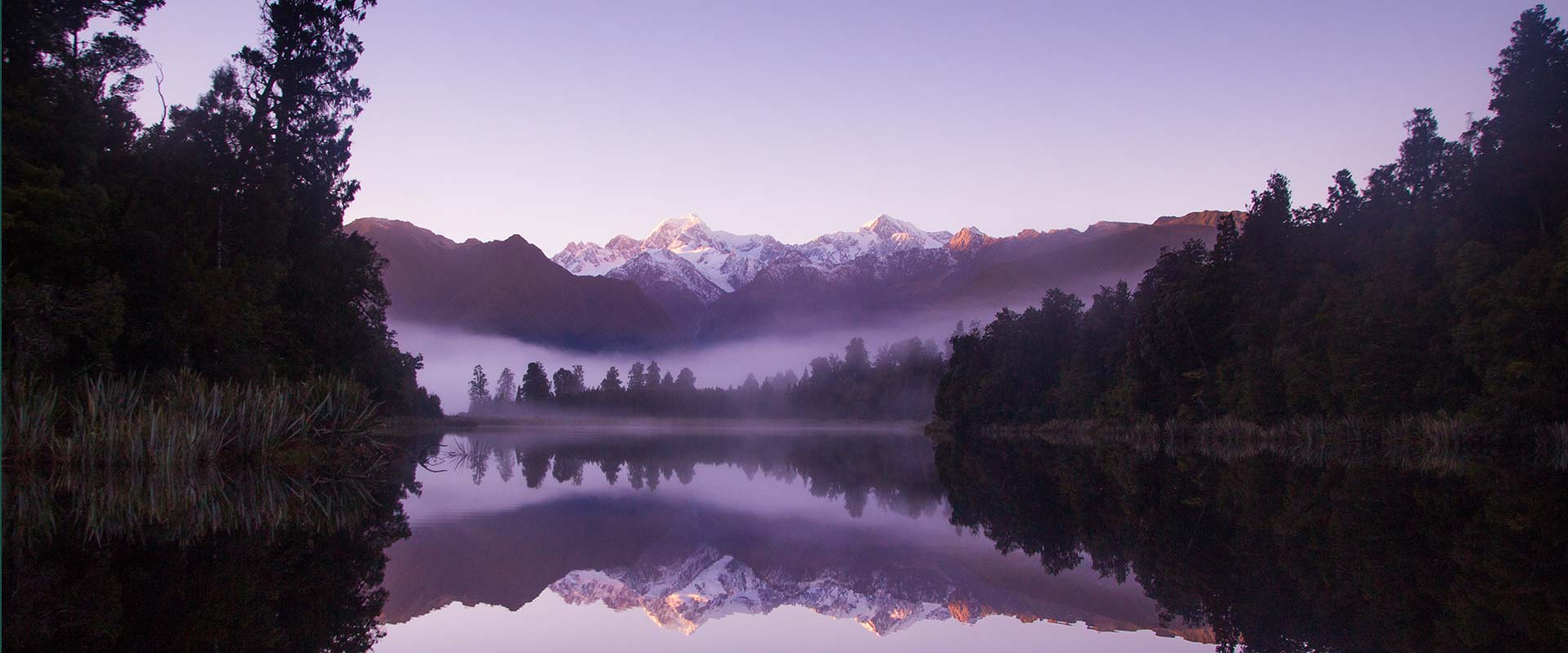Enhancing mauri of land and water through land-use change
October 2023
Located in the Waikato, Lake Waikare is one of Aotearoa New Zealand’s most polluted lakes. The Nikau Farm is a Maaori-owned farm at the southern edge of Lake Waikare that has undergone a range of land use changes in the past five years, moving from dairying to cropping. The Nikau whaanau aspire to restore the mauri of Lake Waikare while operating a productive system that allows the whaanau to thrive and flourish.
The land uses assessed in this project were either directly requested by Nikau whaanau, or were suggested by the science team as potentially suitable land uses to answer to Nikau whaanau aspirations based on their expertise.
The selected land uses were solar farming, tuna rearing, greenhouses, high-value crops, polyculture, and native vegetation.
To assess the effects of the selected land uses on the mauri of the land and water, we used an atua method that is rooted in Moohiotanga tuku iho and aligns with systems thinking. The needed workforce for each land use, and the potential profit or yield per hectare were also considered in the literature review to address the rest of Nikau whaanau aspirations.
Based on the literature review and discussions with the team, we summarise how each land use could contribute to their aspirations and identified that a combination of the different land uses, creating a diverse mosaic in the landscape, could be most beneficial to optimise not only economic, but also environmental, social, and cultural outcomes.
An exploration of potentials and effects using systems thinking and Waikato-Tainui methodologies at Nikau Farm in the Waikato region of Aotearoa New Zealand
 View Our Strategy Document 2019 – 2024
View Our Strategy Document 2019 – 2024



